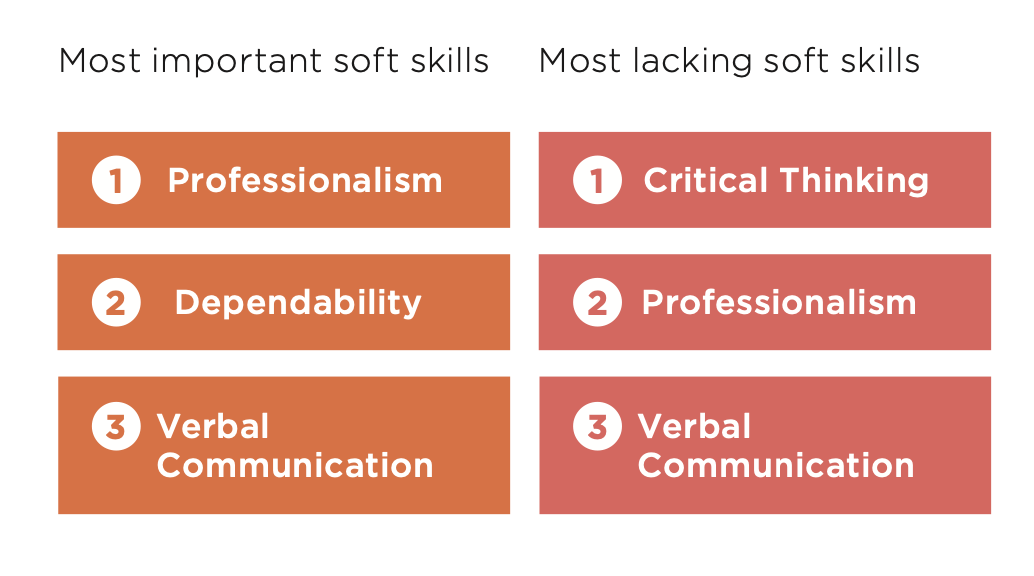We recently surveyed healthcare employers for our 2020 Industry Outlook, and uncovered the three most important soft skills for EKG technicians: Professionalism, dependability, and verbal communication. According to employers, two of these skills are also the most lacking: Professionalism and verbal communication.

If you're a current or aspiring EKG Technician, this is an opportunity for you! Keep reading to learn why professionalism and verbal communication are important soft skills to develop, and how you can work to improve for professional and personal growth.
When are professionalism and verbal communication needed in the role of the EKG technician?
Soft skills enable you to navigate your environment and work well with team members and patients. Here are some ways professionalism and verbal communication can show up in the EKG technician profession.
Professionalism shows patients you are dependable, competent, and that you take your work seriously. Patients requiring an EKG may be under a lot of stress if they think they may have a heart-related problem. Exhibiting professionalism can go a long way in giving them confidence in your abilities, helping them feel safe and in good hands.
Verbal communication skills are important when it comes to patient interactions. EKG technicians must be able to clearly explain what they are doing with their patients, and address any questions and concerns. A strong verbal communicator can not only share important information with their patients, but can also help put them at ease.
Why are these soft skills important?
As an EKG technician, it's important to achieve accurate testing and monitoring results. Anxiety can affect an EKG, so having strong soft skills are important to help patients feel at ease.
As someone who has a lot of patient interaction, soft skills can also play a large role in the patient experience. When you present yourself professionally and take the time to effectively communicate with your patients, they are likely to be happy with your care.
Patient satisfaction, which is measured in surveys and reviews, is often the number one priority of healthcare institutions. Healthcare workers who possess strong soft skills are contributing not only to the satisfaction of their patients, but also to the success of the healthcare practice.
Can soft skills be learned?
Soft skills can absolutely be learned. Just like anything, it takes knowledge and practice.
NHA's PersonAbility™ program helps allied health professionals like EKG technicians learn, practice, and develop essential soft skills using the power of virtual human simulation. In this online program, you can learn skills to improve your professionalism and develop your personal brand.


